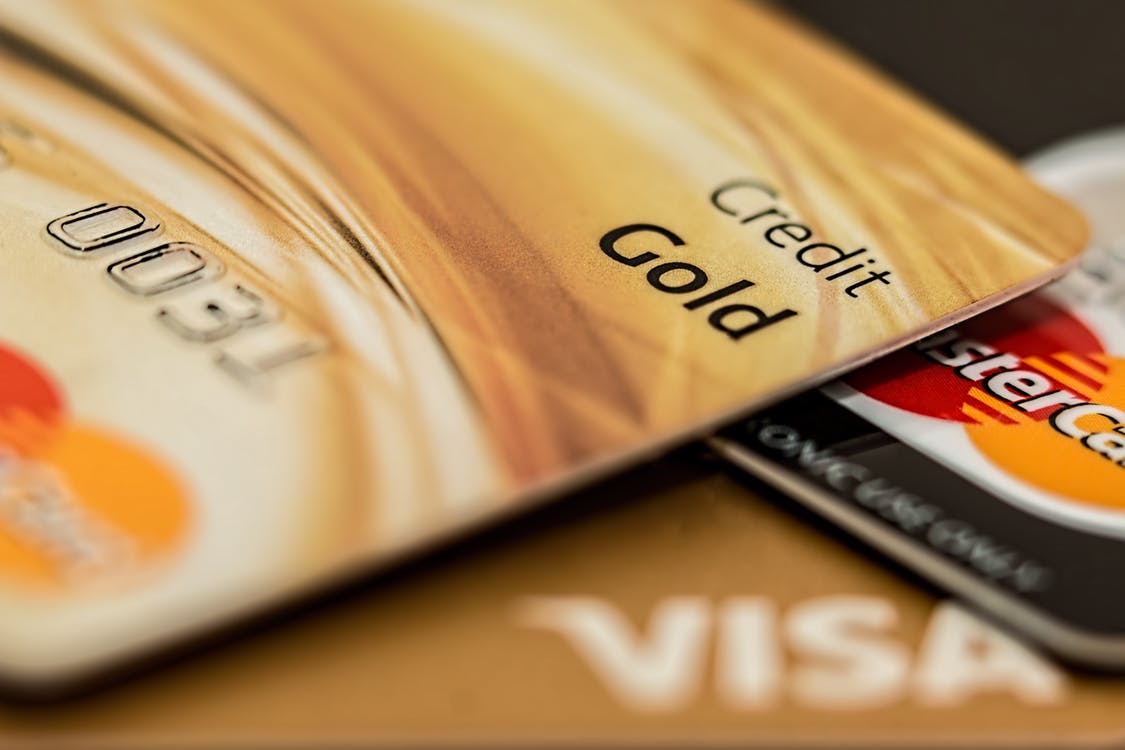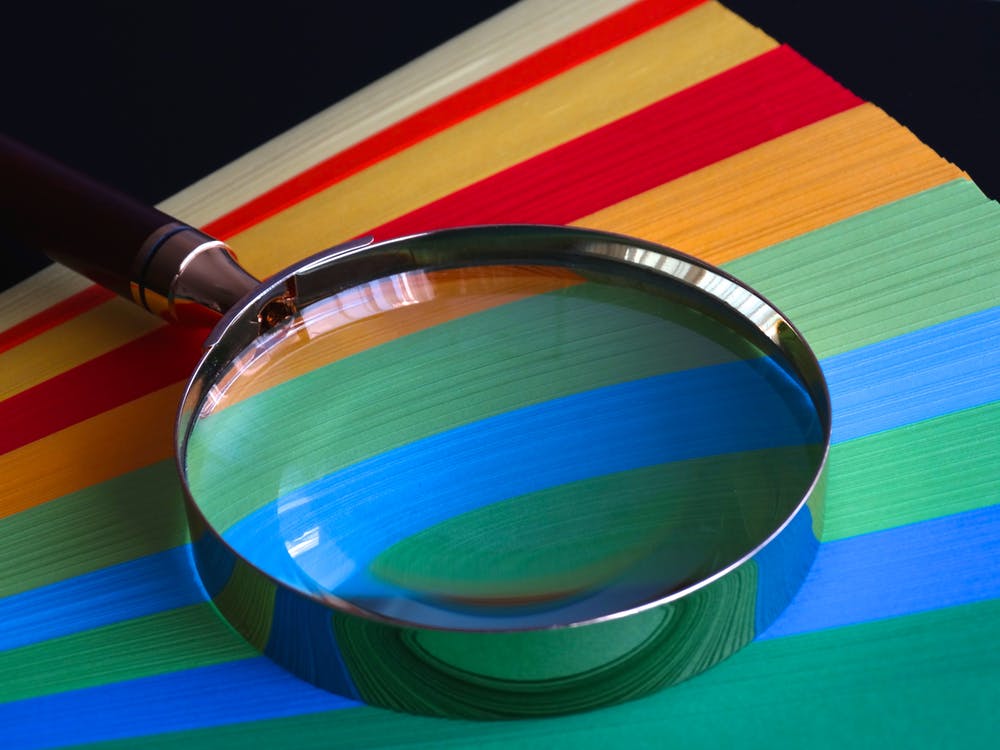Whether we like it not, cash is just not in fashion anymore. Everything is paid for by card, contactless or Apple pay. It’s easy and quick and you don’t have worry about carrying your wallet around all day. With card transactions becoming more secure, and banks monitoring your spending to flag unusual purchases, card payments can also be safer than carrying cash. But it doesn’t mean a total write off for other means of spending, and below we’ll discuss the best ways to use your debit card, and when not to use a debit card.
When to use your Debit Card
You can use a debit card for day to day purchases. The money will leave your bank immediately, and so if you have online or mobile banking, you can easily track how much you spend. There are even some banking apps which will categorise your spending so you can see what you spend the most money on, and perhaps where you could save some money.
If you’re an impulsive spender, or you find it tricky to spend only within your means, debit cards can perpetuate bad habits because it’s quick and it barely feels like you’re even spending money. Plus, a quick tap for a £3 coffee here, a £5 lunch meal deal there, it can all add up very quickly. If you struggle to keep your spending to a minimum, cash may be better for daily spending and budgeting.
Budgeting with a Debit Card
While it may be easy to keep track of your spending with a debit card, it doesn’t always mean you won’t spend more than you can afford.
If you can only spend £30 on a night out but you know you have a tendency to go beyond this budget, try withdrawing the money in cash from ATM and spend only that. Take your debit card in case of emergency but try not to get it out if possible. This way you know you have only spent the money you intended to spend, and any change left over is a bonus! This spare change can go in a jar or a piggy bank and be saved towards a little luxury for yourself or someone you know at the end of the year.
Alternatively, if you have an arranged overdraft (or if you don’t have an overdraft at all), you could transfer only the money that want to spend that day into your current account. This way, you can’t spend more than you have in your account, or if you do, it shouldn’t cost you an arm and a leg to repay the next day. If you don’t have access to an arranged overdraft, you may end up falling into an which can get very expensive very quickly, so transferring a small amount may not be the best way to manage your spending.

Big Purchases on a Debit Card
Sometimes we have to make bigger purchases, maybe a holiday or – less fortunately – expensive car repairs, and although we may have the money readily available in our current accounts and therefore spendable via a debit card, credit cards provide wider consumer protections and therefore can be a better option for large purchases.
However, unless you have a 0% credit card, credit card purchases can cost you money in interest if you don’t make your repayments on time, so make sure you can afford the repayments before you take out any kind of credit. If you could make the payment on your debit card, then use a credit card and repay it as soon as it appears on your statement.
If you’re not sure about the item and you think you may return it, wait until you’ve decided to keep it until you pay it off, as any refunds will be returned to the purchase card, and then you can end up in credit with your credit card company.
Things to Watch Out for
While spending on a debit card means you can see the money leaving your account, some purchases won’t appear on your bank statement for some time.
For example, when shopping online, the transaction might not be processed until the purchase is delivered. This means you could go up to a week without being charged. Although this might seem nice at first (after all, we all like seeing a healthy bank balance), it does mean you can overspend and end up in an overdraft. While this might be okay if you have an arranged facility with your bank, unarranged overdrafts can cost a fortune, some charging up to £5 per day. Although overdraft fees are changing in April 2020, for the time being, it can cost you more than a payday loan to use an unarranged overdraft.
You might also notice a difference in your current balance and available balance on your bank statement. The current balance is the amount in your account, but your available balance is the amount you can spend. The difference occurs when you have pending payments, or like the above, when a company hasn’t yet charged the card for the transaction, but the payment has been promised.

Finding the Best Debit Cards
We can’t tell you which debit card to go for, as they all have different benefits and disadvantages, but we can tell you to do your research. A lot of debit cards are free to use, but there are some accounts which require a monthly fee – although you usually receive some sort of benefits with these accounts, like travel or mobile insurance.
Using any sort of comparison site is a good idea before opening an account and doing thorough research on the benefits and terms and conditions is advisable. While some accounts will offer an overdraft facility, if you know you struggle with meeting repayments on time or you know you sometimes go over your monthly budget, an overdraft might not be best move for you. Remember, spending money in your overdraft is a form of credit, so think of it more as a loan than readily available cash.
Access to Small Loans
If you already have a current account, and you don’t have access to an overdraft, a payday loan can be cheaper than borrowing through an unarranged overdraft. For example, it costs 79p per day for each £100 borrowed from cashasap.co.uk, so if you need to borrow a small amount of cash quickly, you can apply online on our website.
Make sure you check that you can afford your repayments before you apply for a loan. Use our repayment calculator to see how much you would have to repay on each repayment date and use the sliders to adjust the amount you would like to borrow. Never apply for more than you need and remember that late payments can cause you serious money problems.


